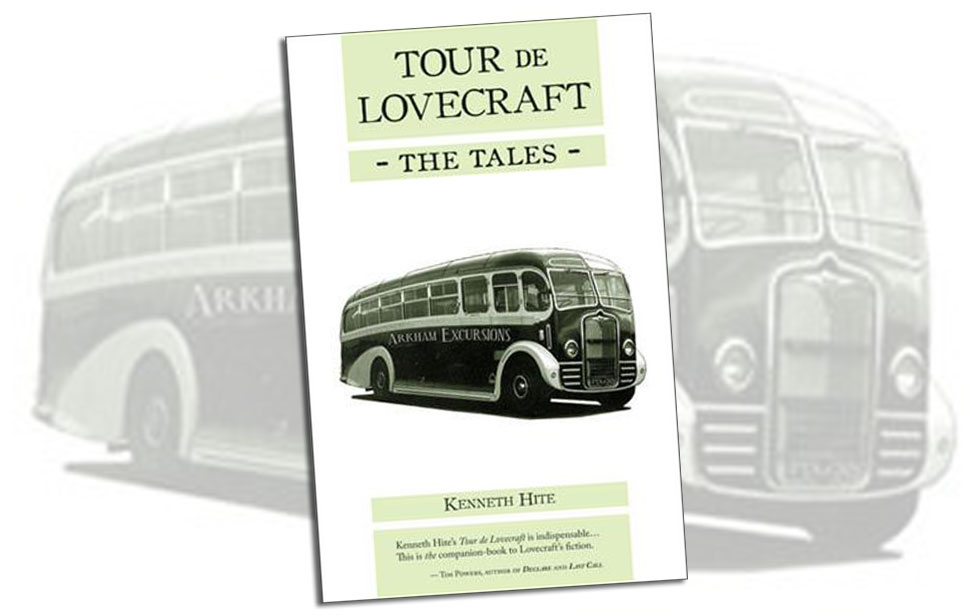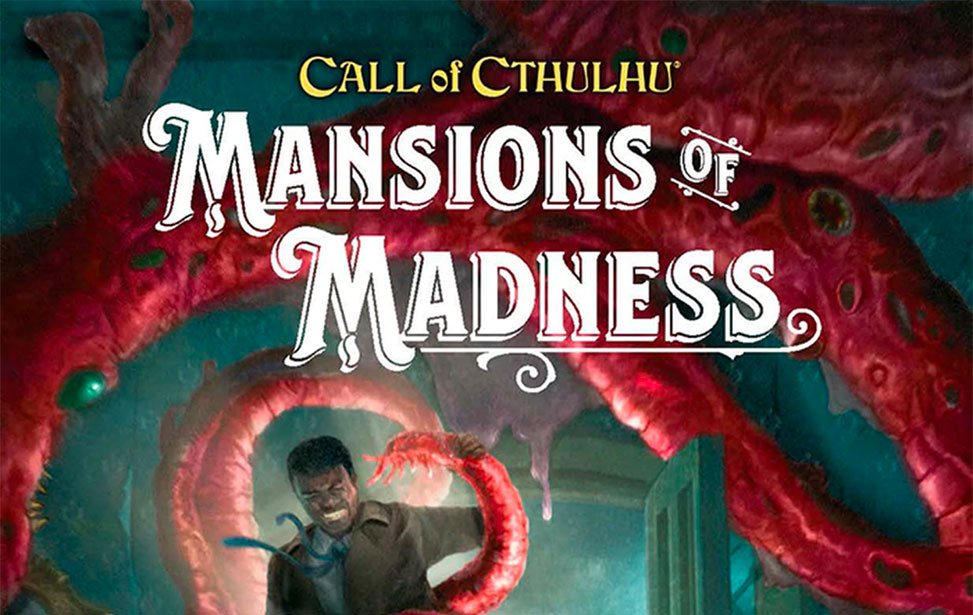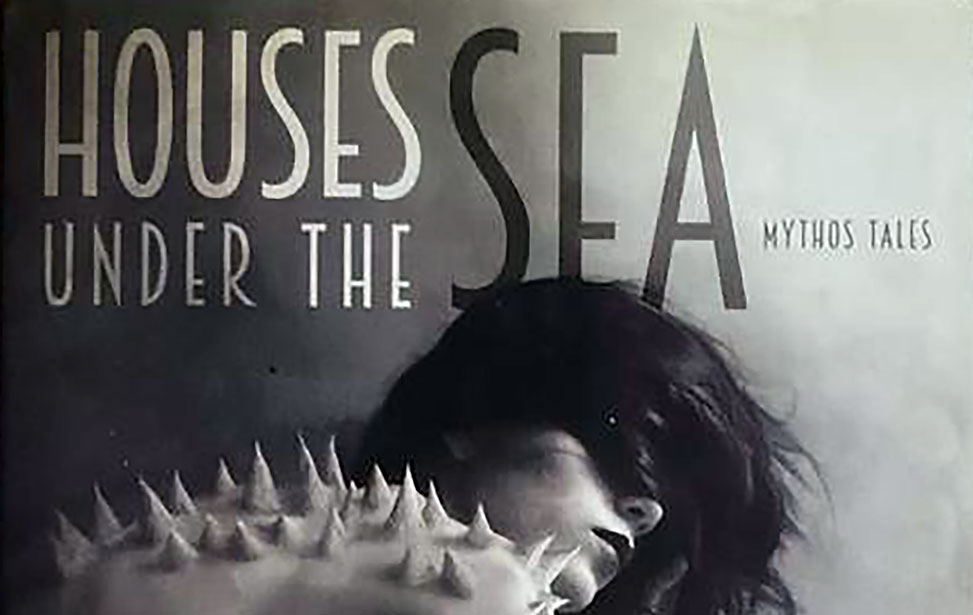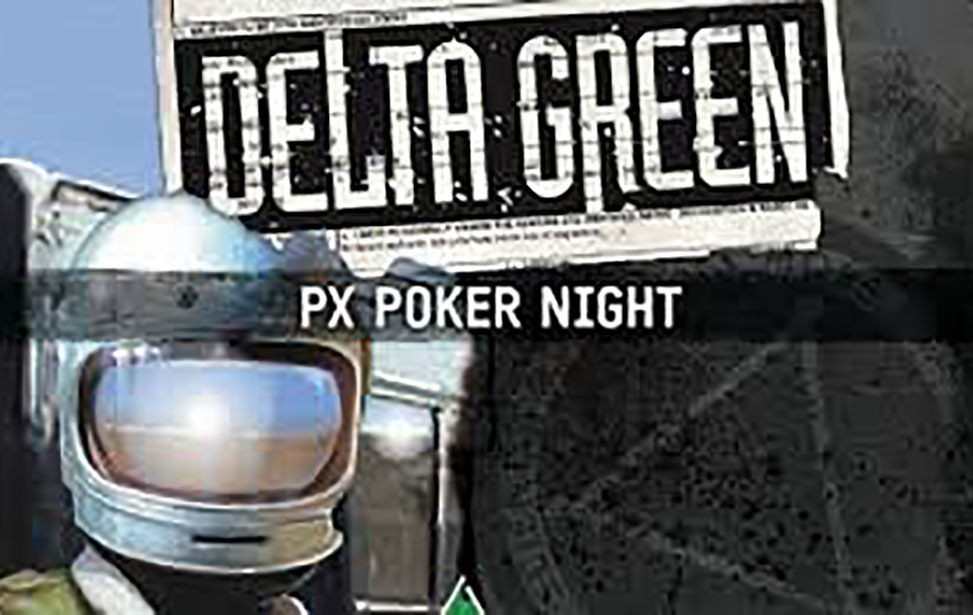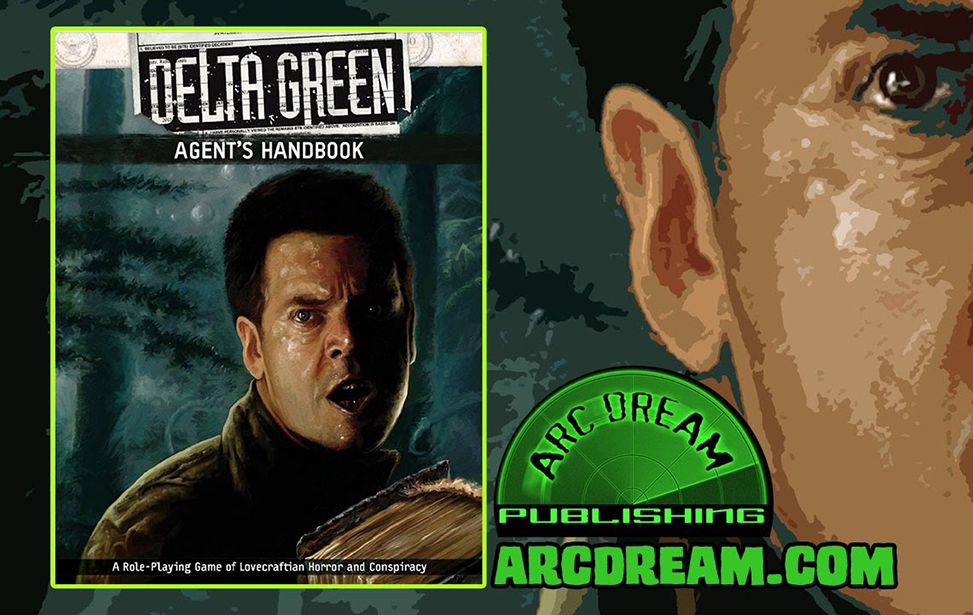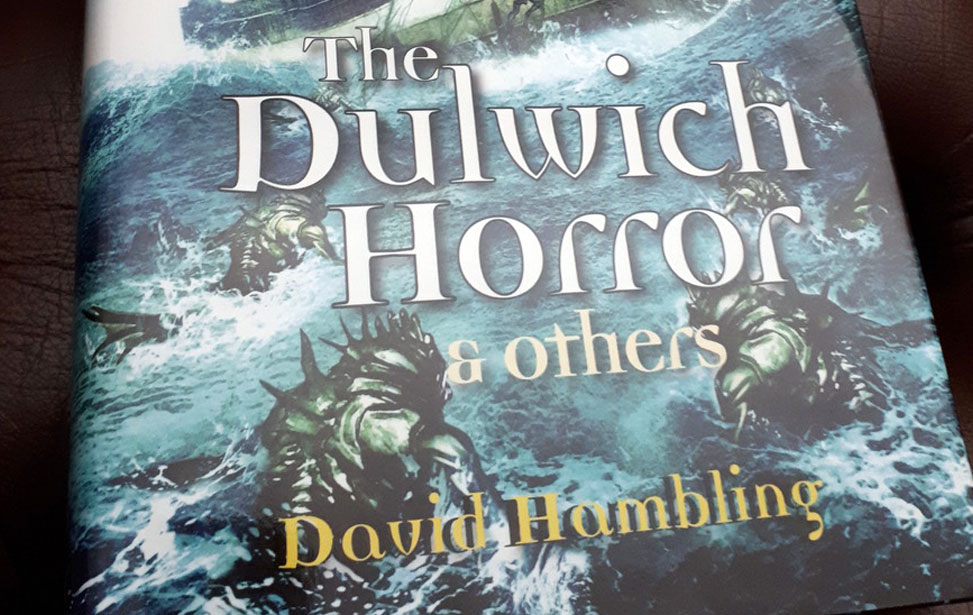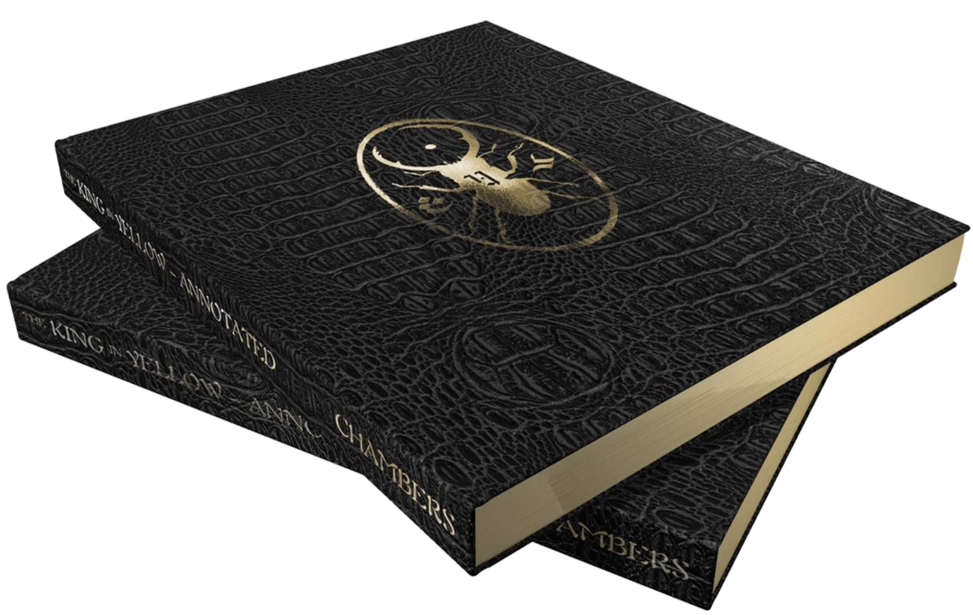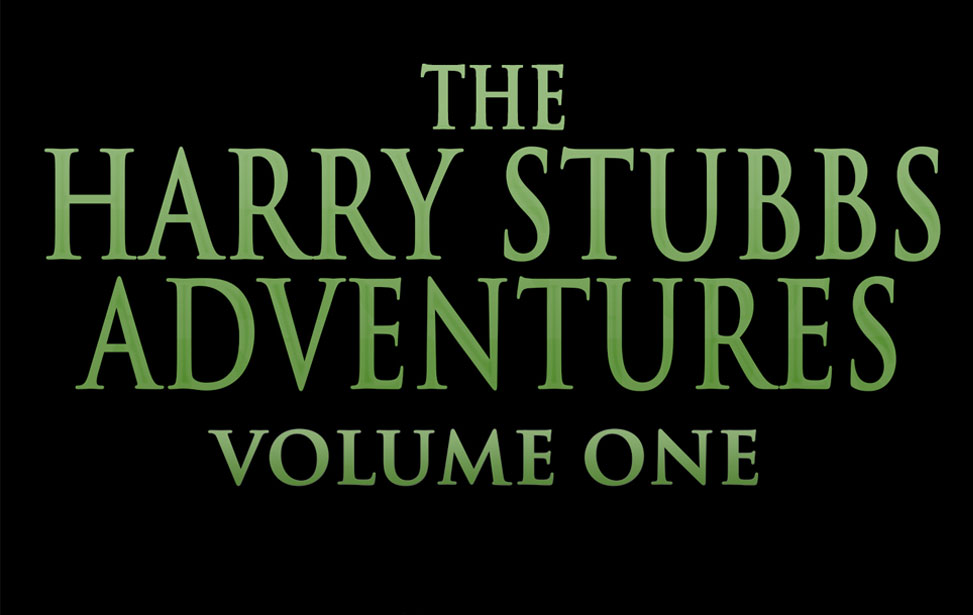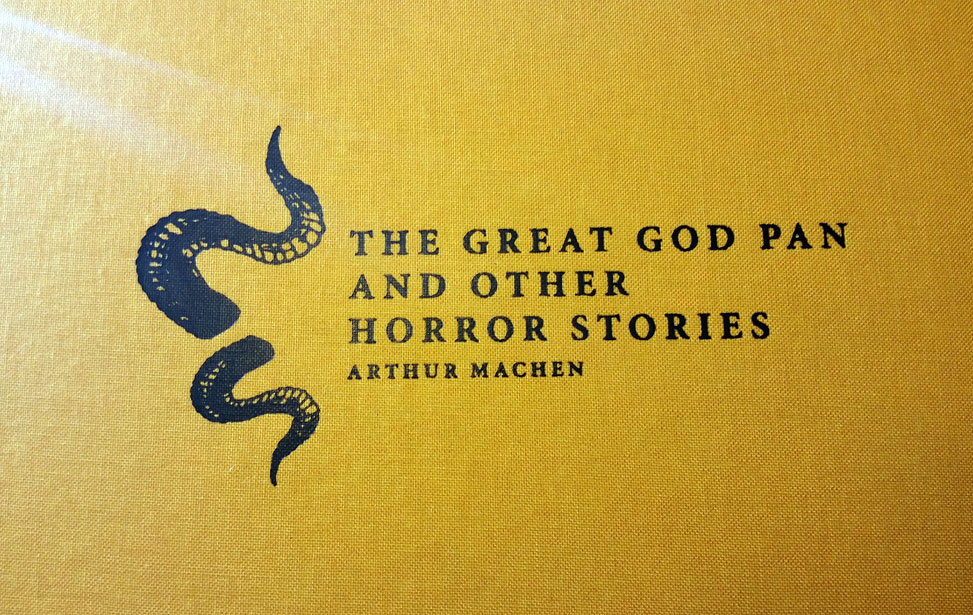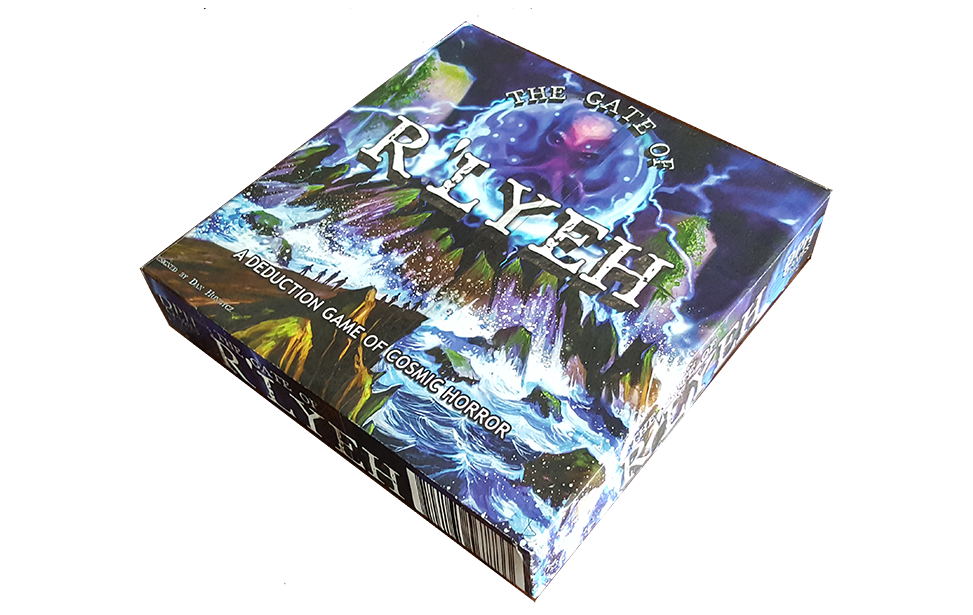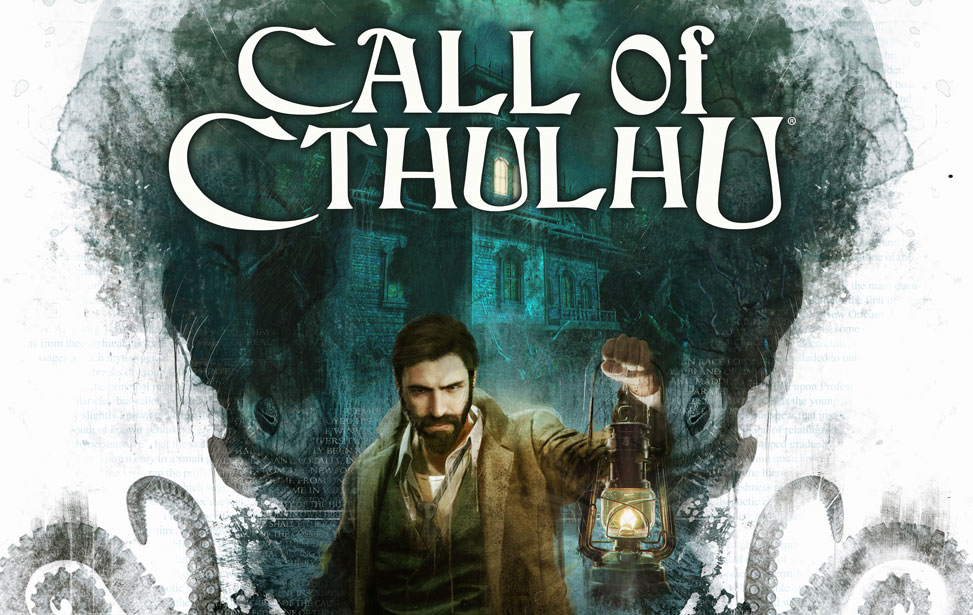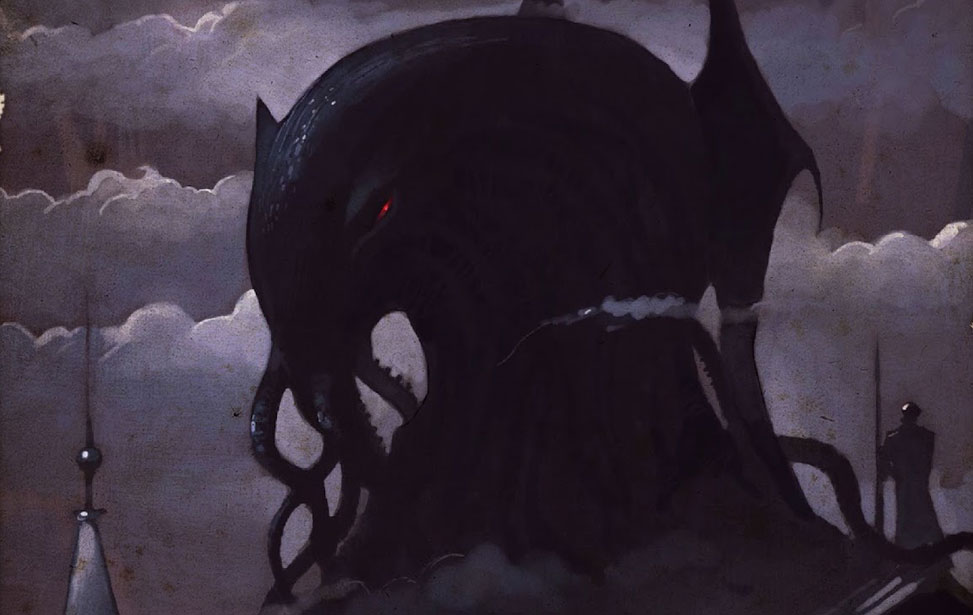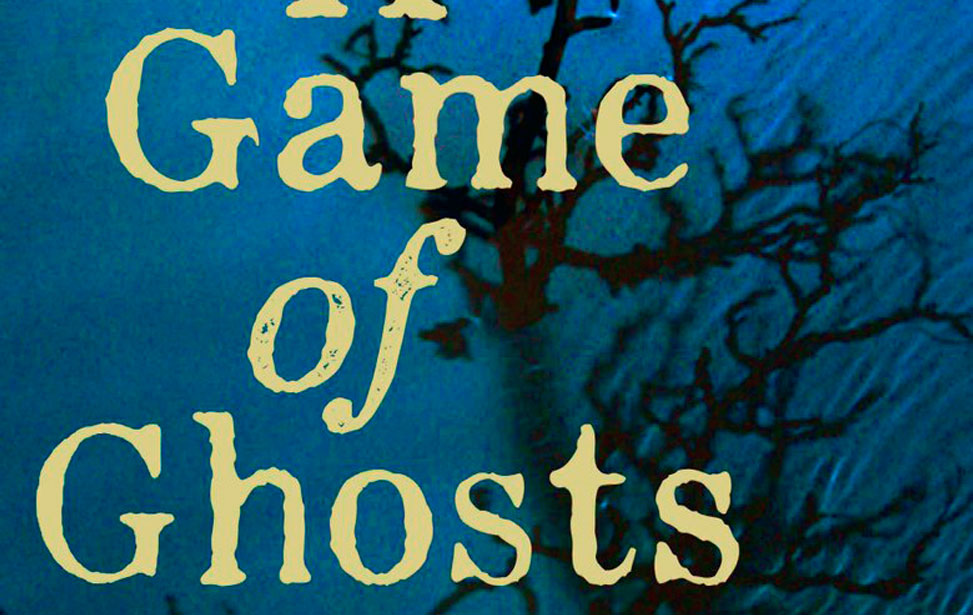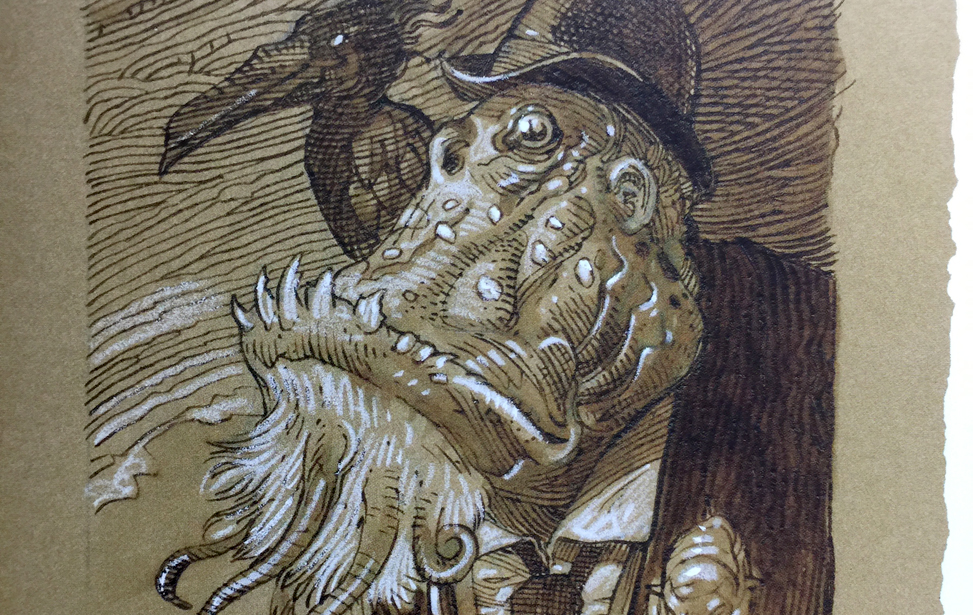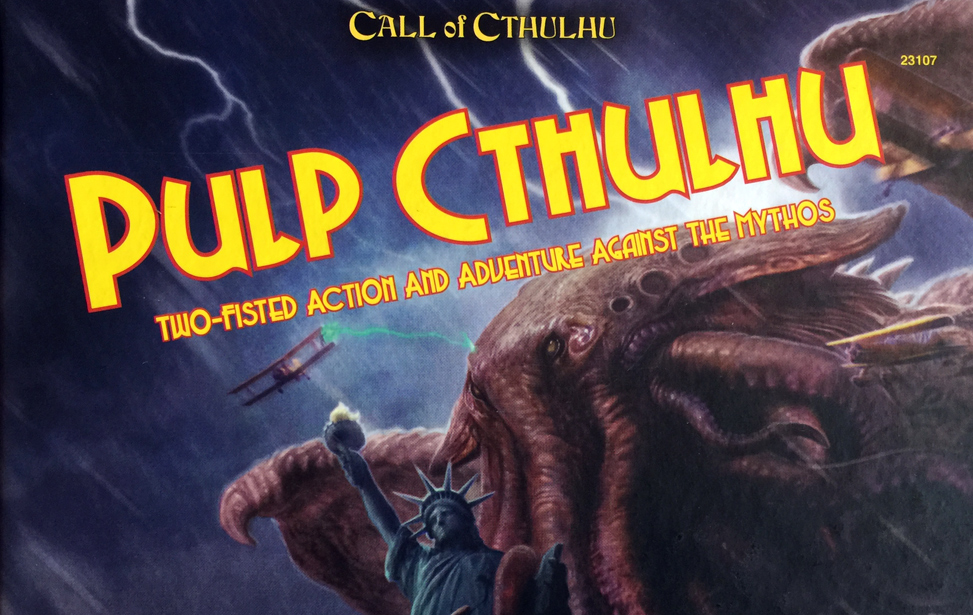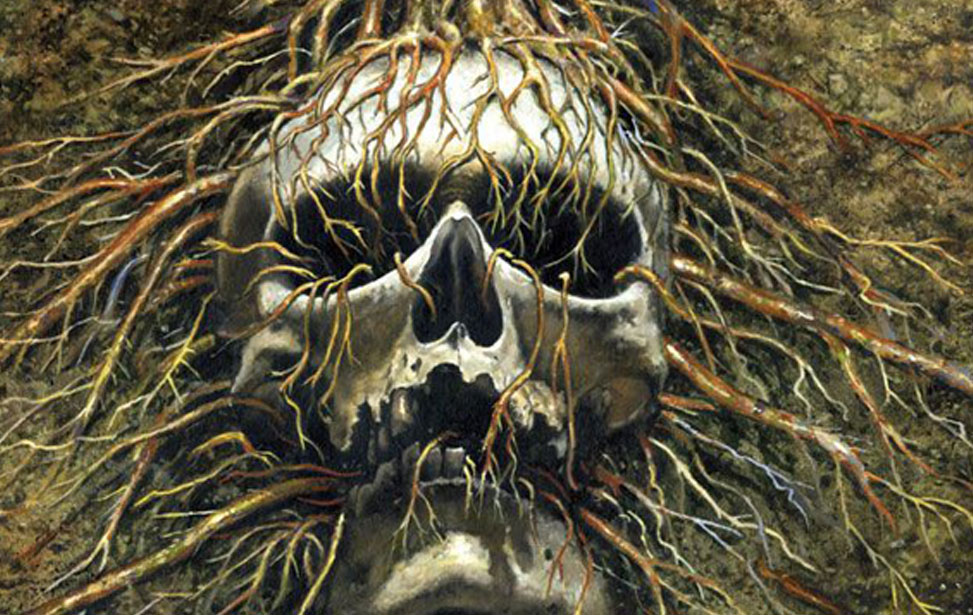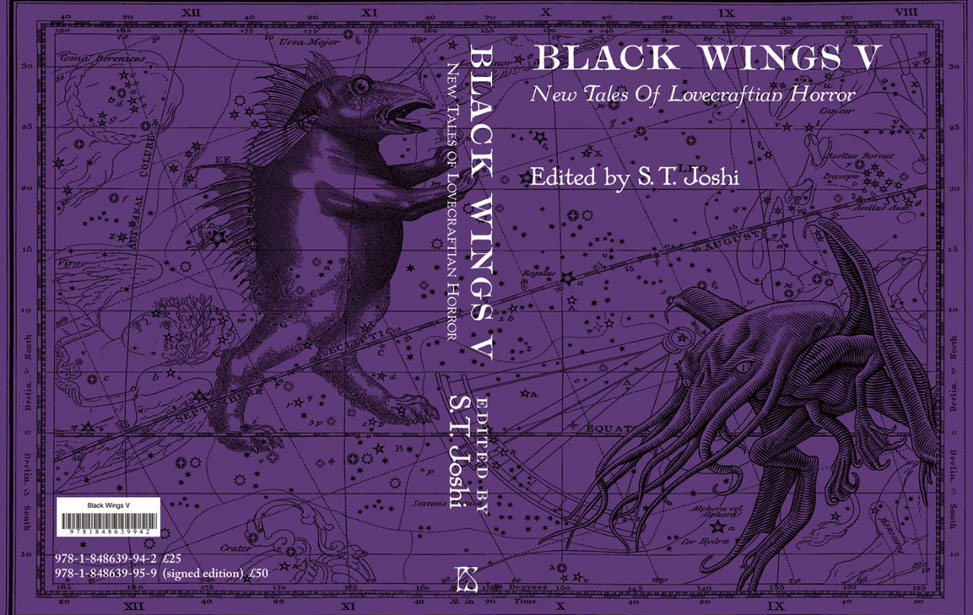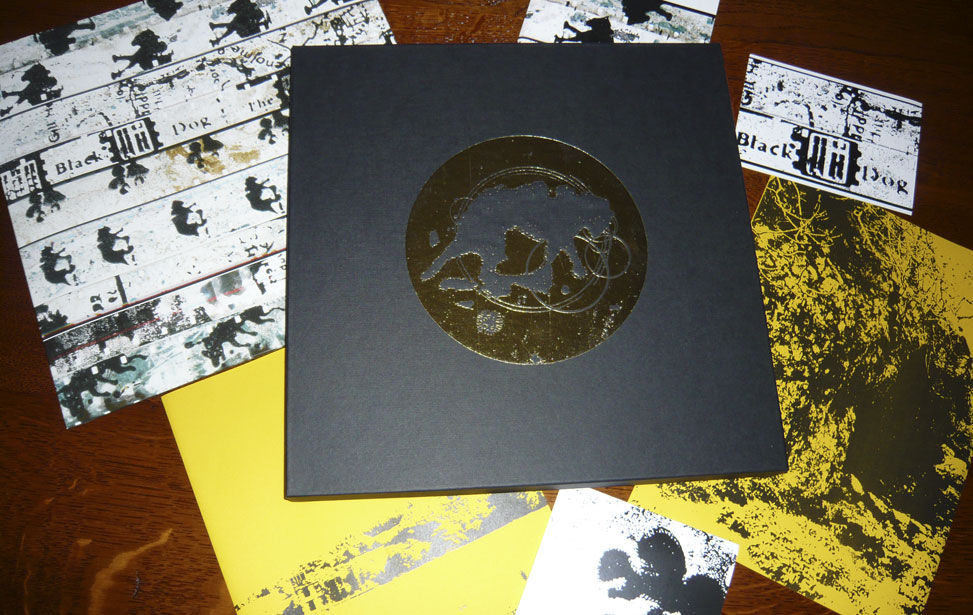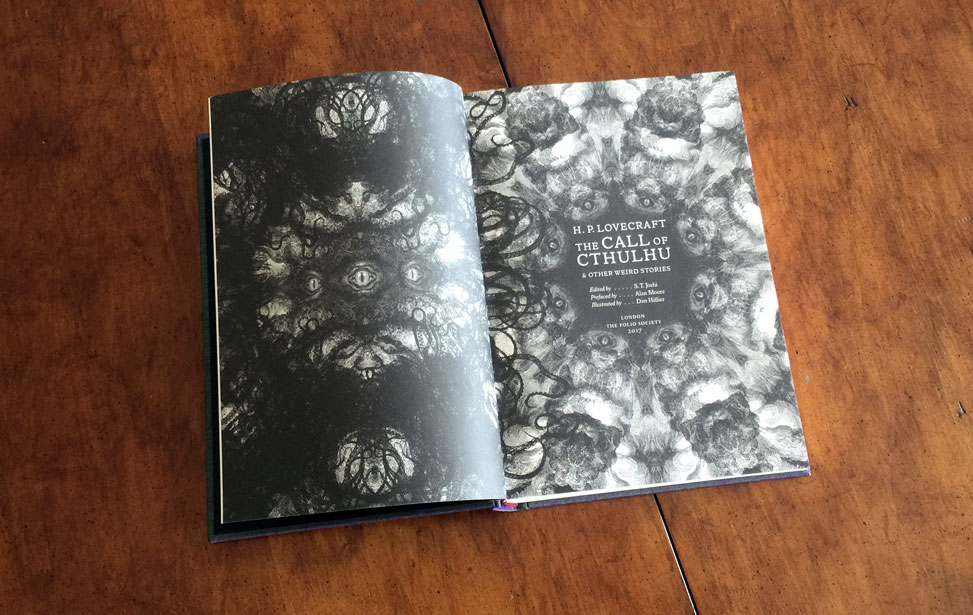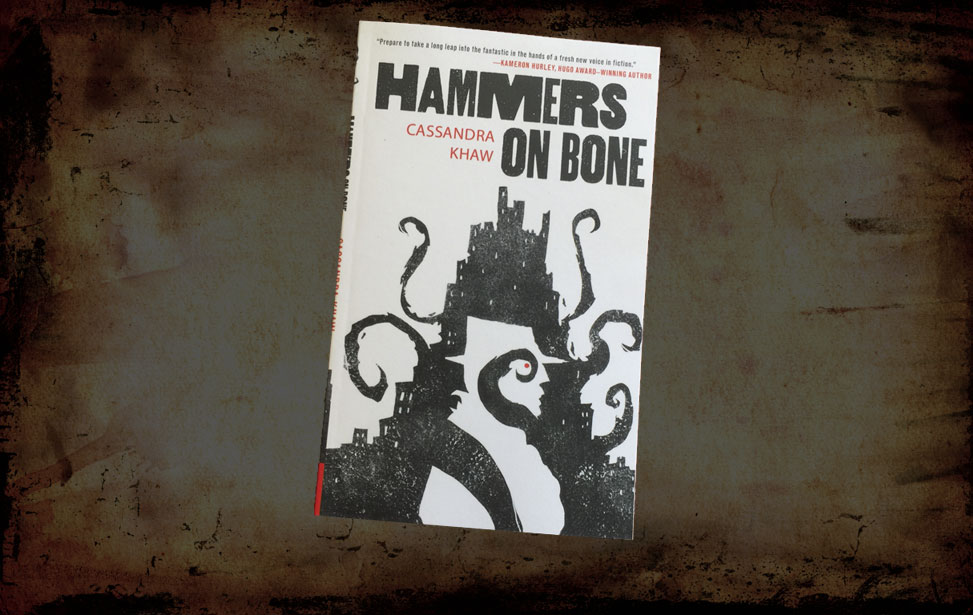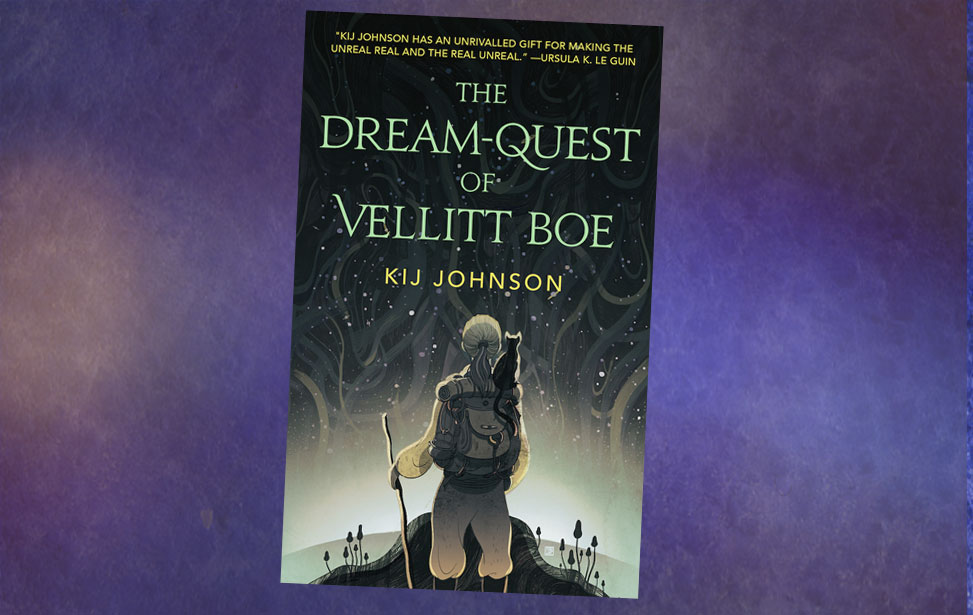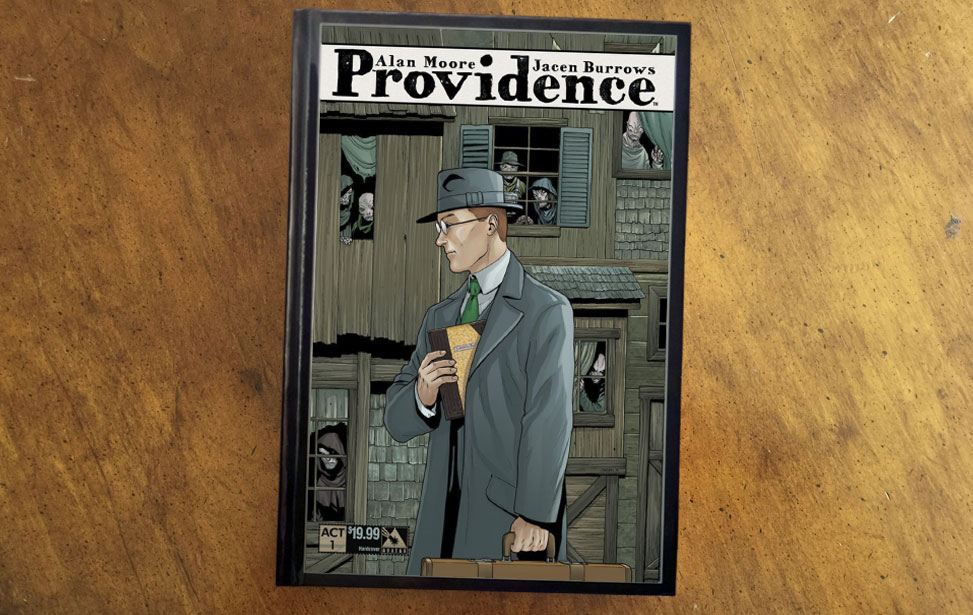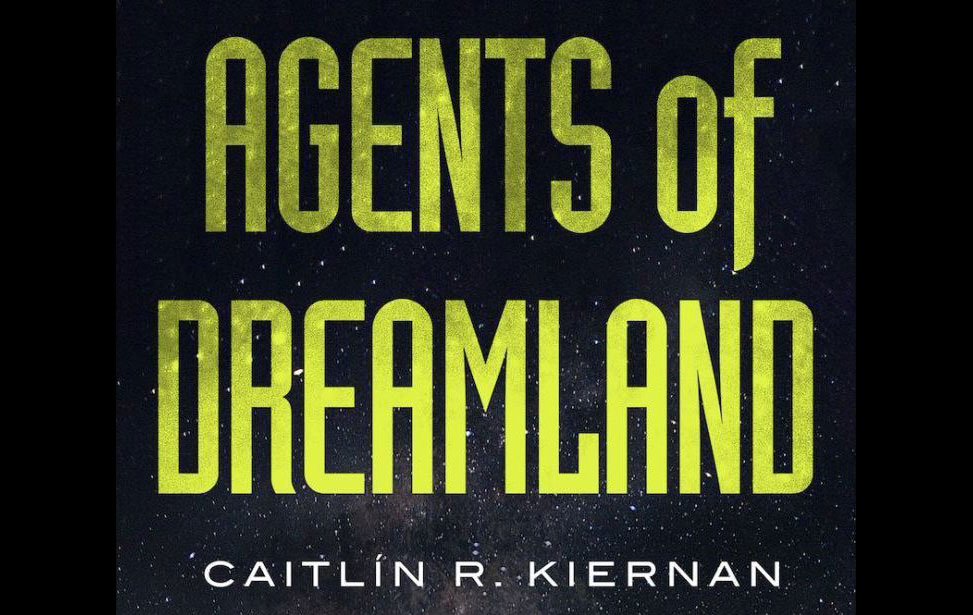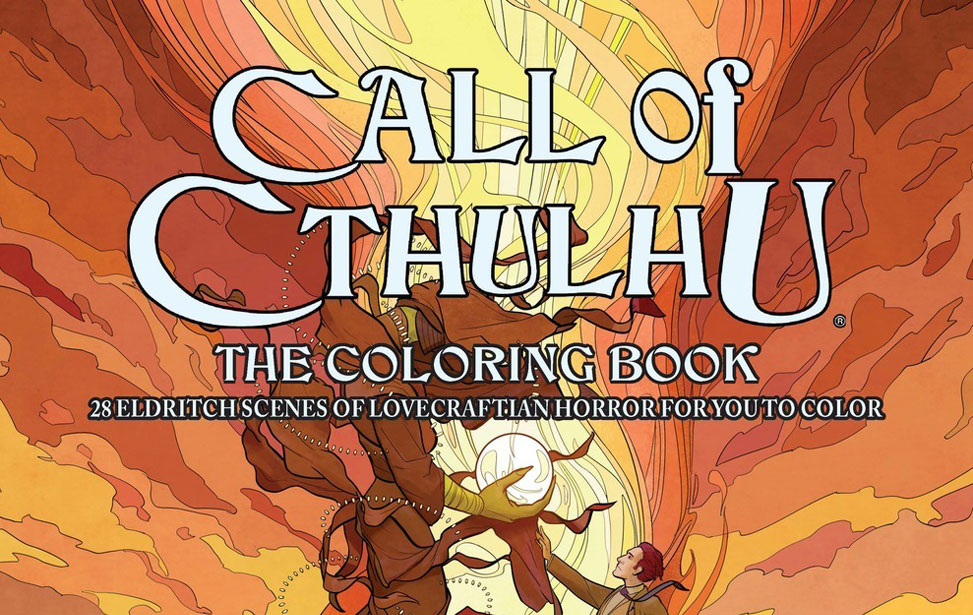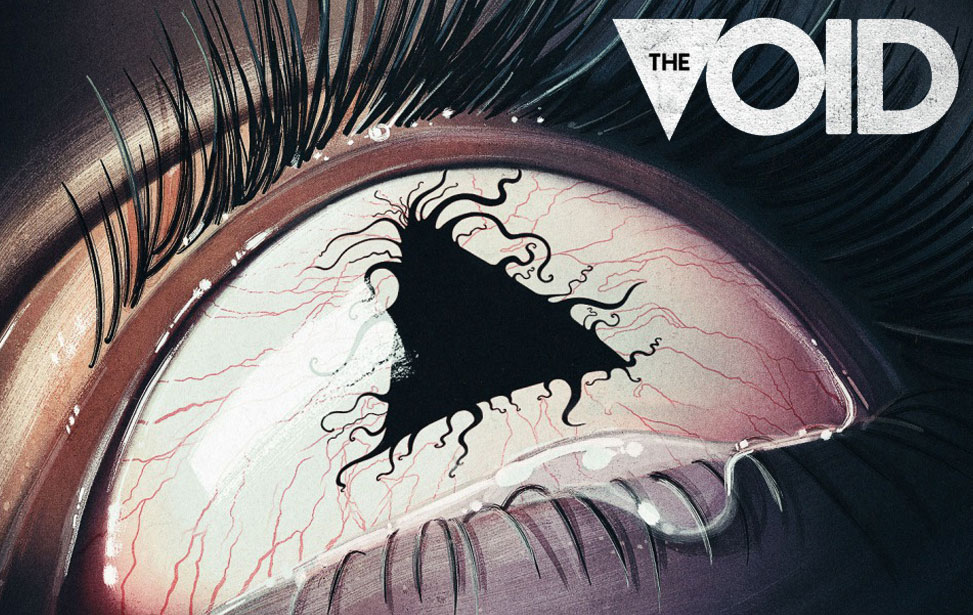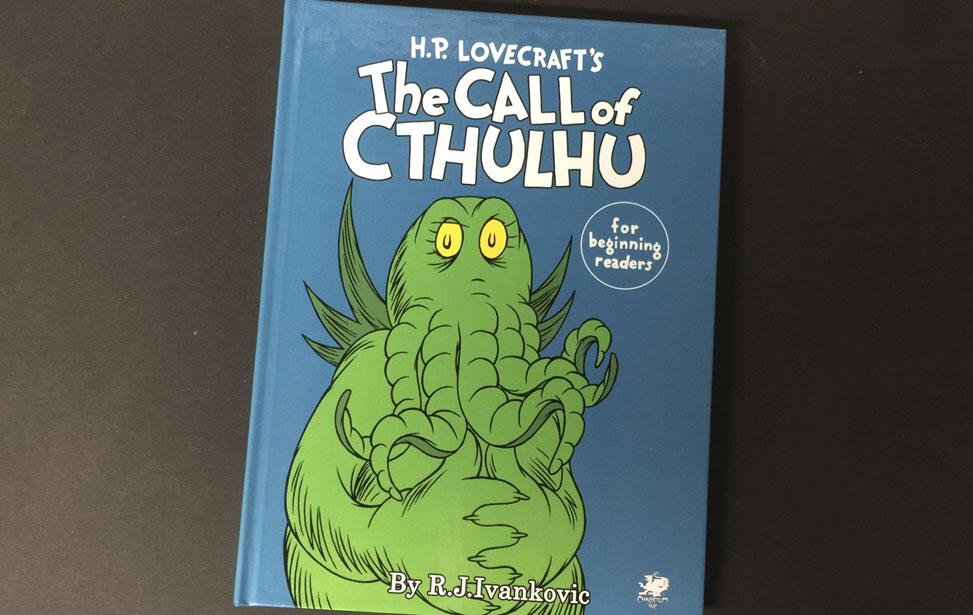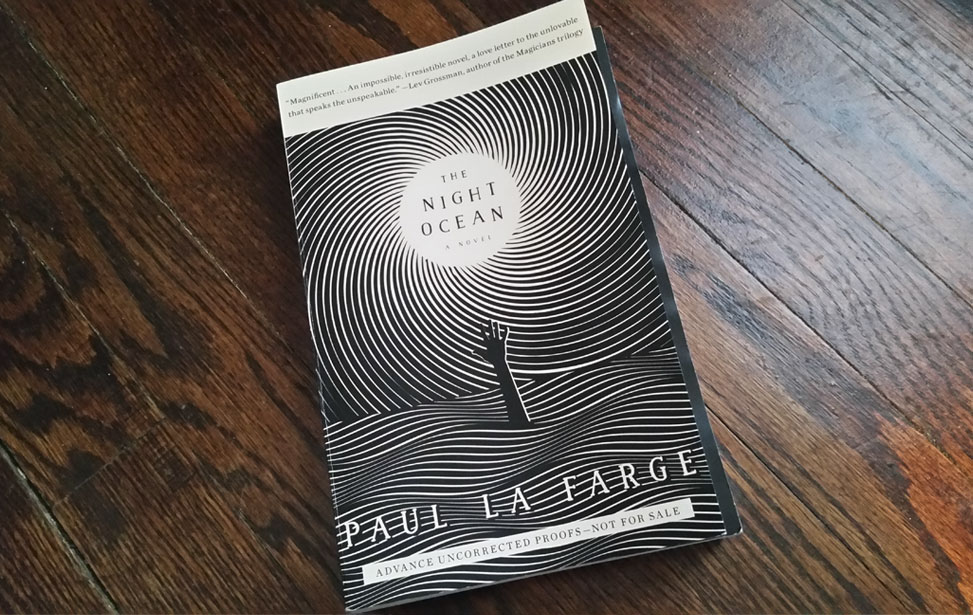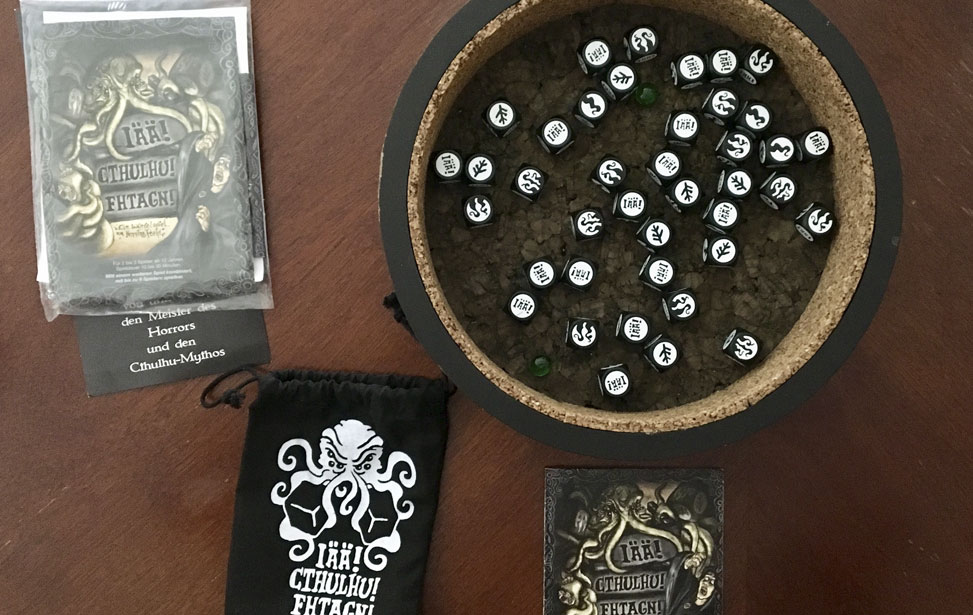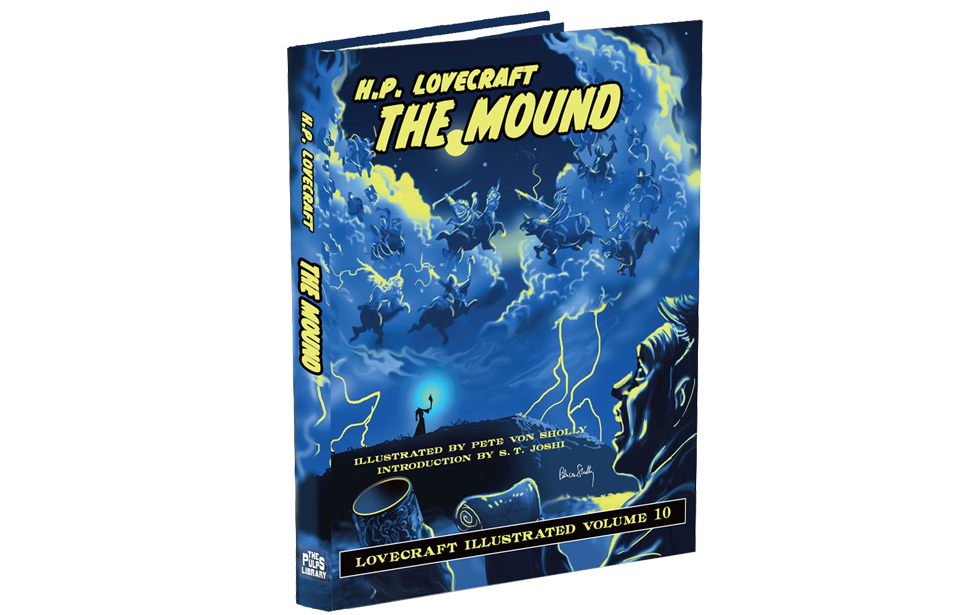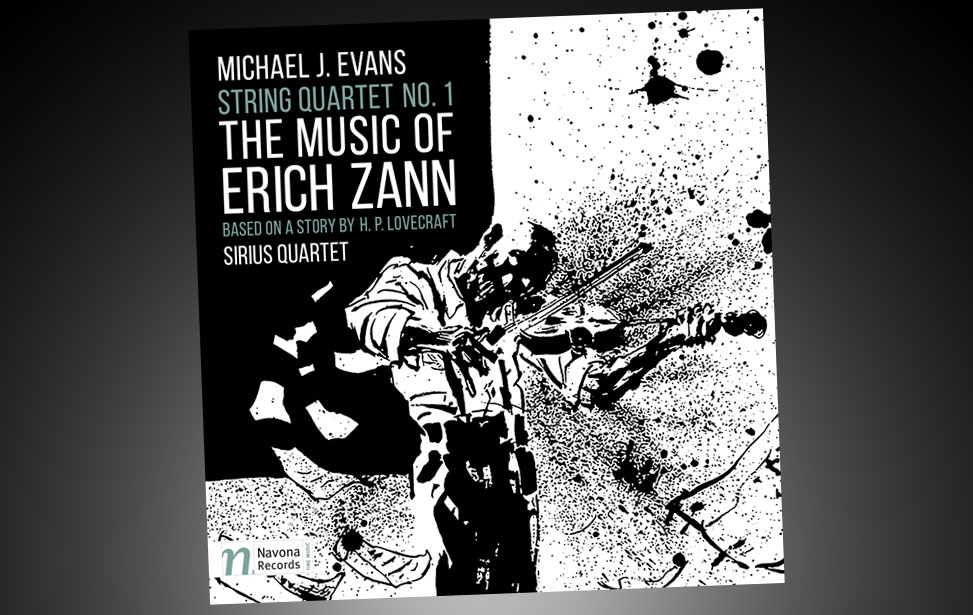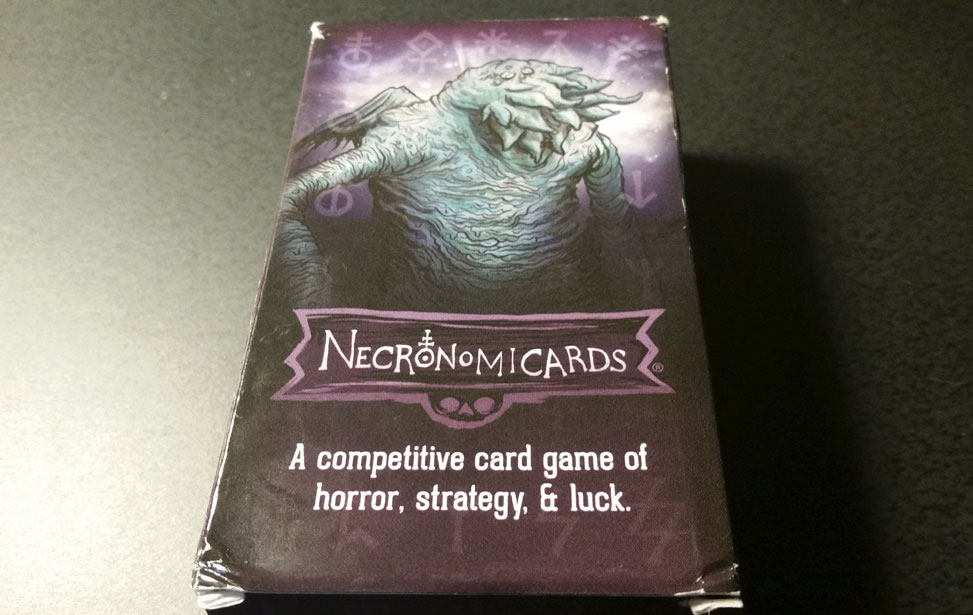Tour de Lovecraft: The Tales
Author Kenneth Hite (Trail of Cthulhu, Night's Black Agents and a number of roleplaying related titles) takes us on a trip through H. P. Lovecraft’s fictional output. These texts were originally published as a collection of Live Journal entries during the spring of 2007, and got sufficient attention to merit collection into an e-book. While Hite’s erudition and enthusiasm for (some of) the material shines though at times, this publication would have benefitted from a harsher editor’s eye.
- Overall: B B B B B
- Quality: Q Q Q Q Q
- Value: V V V V V
- Written by Kenneth Hite
- Published by Atomic Overmind Press
- Price: US $7.95
Review by Anders Lundgren
September 18, 2017
At this point in the game it must be quite a daunting task to attempt a critical overview of Lovecraft. People have after all been at it for more than 70 years at this point, and what could possibly be added to that voluminous library of commentary? So it is a wise decision by Hite early in his addition to the genre to give us “A Brief Survey of Lovecraftian Criticism”. Unfortunately, to me this is about as good as the book gets. Hite makes an excellent job of putting Lovecraft’s work and the reception thereof in context. Much of this and the rest of Hite’s book is spent in polemic with what has gone before. Perfectly understandable, but it is here that the problems I have with Tour de Lovecraft begin to pile up.
When you’re publishing stuff in the form of a live journal or blog, keeping it pretty free and loose and maybe even aimed at amusing only the writer and his circle of friends is of course more than ok. But the moment you decide to transport your texts from this more ephemeral format, you need to start thinking of the reader a bit more. And here Tour de Lovecraft fails in most regards. While it is a fair assumption that many of the people picking this up have more than a passing familiarity with Lovecraft’s stories, it certainly wouldn’t have hurt to open the entries with just the briefest of synopses. Some of them you do get the gist of in the discussions, but that is far from the norm since the amount of commentary is very much dependent on the level of interest Hite manages to drum up. Having more than my fair share of completist's OCD, I totally understand the impulse that lies behind presenting the discussion of every single story chronologically. (While at NecronomiCon Providence a few weeks back, I chanced upon a dealer’s shelf full of Doc Savage paperbacks in haphazard order. Let me tell you those books were lined up perfectly after I made my purchase. And the fact that I was after a couple of low numbered volumes is hardly sufficient cause. But back to Hite.) In the introduction he lists the seventeen stories that in his opinion are the reason why we still read Lovecraft today and will continue to do so for the foreseeable future. A hot tip would have been to focus all energy on writing, in chronological order of course, exactly why those stories stand out and what makes them great. Instead we get a lot of uninspired text about ones that maybe don’t get discussed widely for a reason. Also part of the problem can be found in quotes like this: “Again, I find that the better the story, the less I feel the need to say much else about it.” I think everyone can see how this might turn into an obstacle while composing literary criticism. When you do get a longer discussion, I would have loved it if Hite could have opened it up a bit more to readers. There are a lot of names thrown around that are only rarely explained or given a footnote. Like Werner Heisenberg (only the last name used in Hite’s text) that pops up in the piece about “From Beyond”. As if knowledge of early 20th-Century German physicists is common currency. And when you, like Hite, spend a lot of time going toe to toe with the often well reasoned interpretations of S. T. Joshi and others you really need to bring your best game. Just slamming the views of others and leaving it at that just doesn’t pass muster. Some parts are particularly galling, like when discussion of “Under the Pyramids” (aka “Imprisoned With the Pharaohs”) descends into a mire of speculation regarding the deaths of Harry Houdini and Lovecraft:
“Houdini carries out a fake séance—a protective ritual against Cthulhu’s imminent (and immanent) rising? The next year, they are just about to start a major anti-occult campaign when first Bess is poisoned (in Providence!) and a month later Houdini dies unexpectedly of peritonitis (though DeCamp repeatedly refers to Houdini’s death as “cancer”). On Halloween, while Yog-Sothoth is tangent to North America. Lovecraft backs off the project in public, but dies 11 years later, also of a multiply-diagnosed ailment of the renal area. I smell the spoor of the Black-Winged Ones, and perhaps a rascally Lascar or two.”
Several times while reading it feels like there is an interesting book fighting to get past Hite himself, who later in the chapter on “The Call of Cthulhu” writes: “I haven’t even touched on the brilliantly complex, almost archaeological structure of the story, how it formally recapitulates its own telling by piecing together seemingly unrelated narratives, with Thurston almost vanishing into transparency as a reader-surrogate.” Why not pursue that instead of hackneyed conspiracies uselessly mixing biography and fiction in a way that brings some of the most vile texts written about Lovecraft to mind? And while on that subject, if you spend as much time as Hite on the subject of racism, maybe it would be a good idea to avoid writing stuff like this: “Dunsany’s occasional Irish tendency to aimless (though beautiful) blather.” Just a thought.
As you can probably tell by now I am not overly keen on Tour de Lovecraft or the style employed by the author. Granted there is the occasional bit of valuable insight, exemplified in quotes such as “People often think of Lovecraft as a quaint, period-piece, pulp writer, but at the time he was writing, he was writing some cutting-edge techno-horror,” but not enough to leaven the work as a whole. If you, however, like Hite’s writing, and aren’t driven nuts by the “meh”s, “Mary Sue”s and other various ill-advised neologisms that pepper the text, and approach Lovecraft mainly for the mythos and its use in roleplaying scenarios, this might be a handy and fairly cheap guide.
